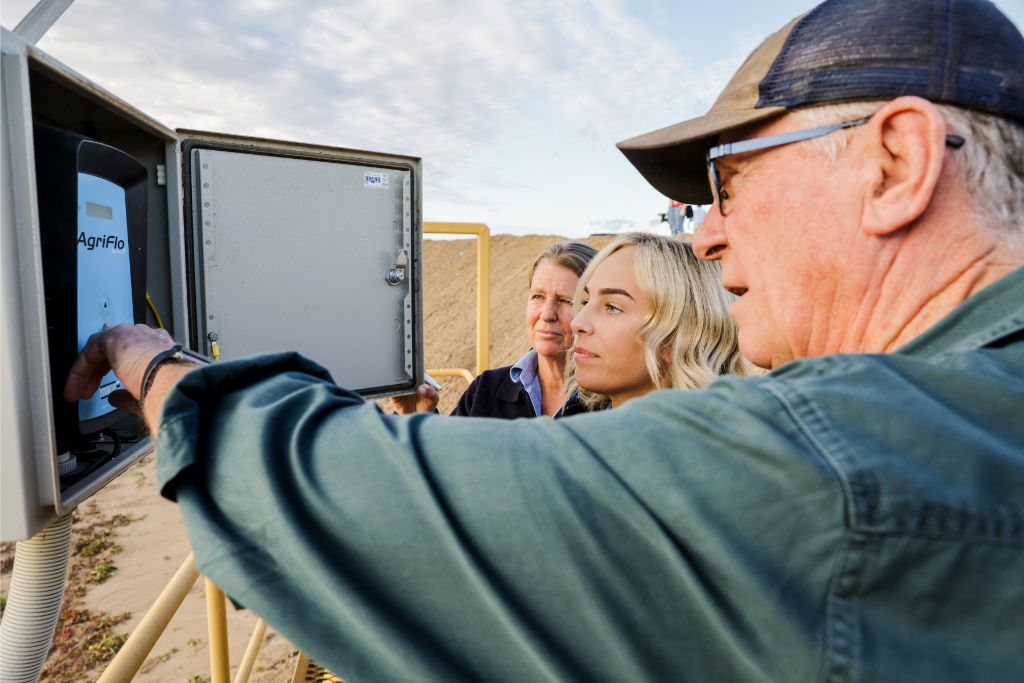NRAR commences metering compliance campaign in Moree
The Natural Resources Access Regulator (NRAR) will begin visiting properties in Moree and surrounds this week to check compliance with the metering rules.
Water users with medium to large-sized pumps or bores in Moree and surrounding areas needed to install accurate meters that have been independently validated by certified meter installers by 1 December 2021. Some of those pumps are also required to transmit data about water taken to a central database.
Ian Bernard, Director Regulatory Initiatives at NRAR, said he hopes to find water users that have done the right thing when the regulator visits properties in the Moree area over the next six weeks.
“Water entitlements in NSW are worth almost $30 billion per year1 and meters are the best way to protect this asset on behalf of the people of NSW and the environment,” said Mr Bernard.
The deadline applied to all works, including pumps 100mm and above and bores 200mm and above in the Macquarie, Gwydir, Namoi, Border Rivers and Barwon-Darling regions. As well as some at-risk groundwater sources and smaller pumps with existing metering conditions.
“We understand some water users are grappling with shipping delays however, we expect everyone to have made a reasonable effort to comply,” explained Mr Bernard.
“We are a firm but fair regulator and will consider each case on its merits.”
“Water users who have, at a minimum, a formal agreement or contract with a certified meter installer will be safe from penalties. Those who can't provide this evidence may be subject to fines and legal directions to comply.”
"We also recognise alternative pathways to compliance, for example, if you have an existing meter that is accurate, you can have it certified by a qualified professional,” said Mr Bernard.
Rod Carr, Director of Marsden Jacob Associates, a leading natural resources economic advisory firm, wants farmers to consider how valuable the data a meter provides can be to their business.
“High accuracy meters help farmers understand the efficiency of their water management systems, identify opportunities to optimise water use, and make well-informed management decisions.”
“Manual checking is a thing of the past. Farmers can now receive real-time alerts on their mobile phone when the farm has enough water. This means they are reducing waste and saving money, while also improving yield and quality,” said Mr Carr.
Water users who are unsure if the rules apply to them, or what they need to do can use the Department of Planning and Environment’s online metering guidance tool to get real-time answers to their questions.
